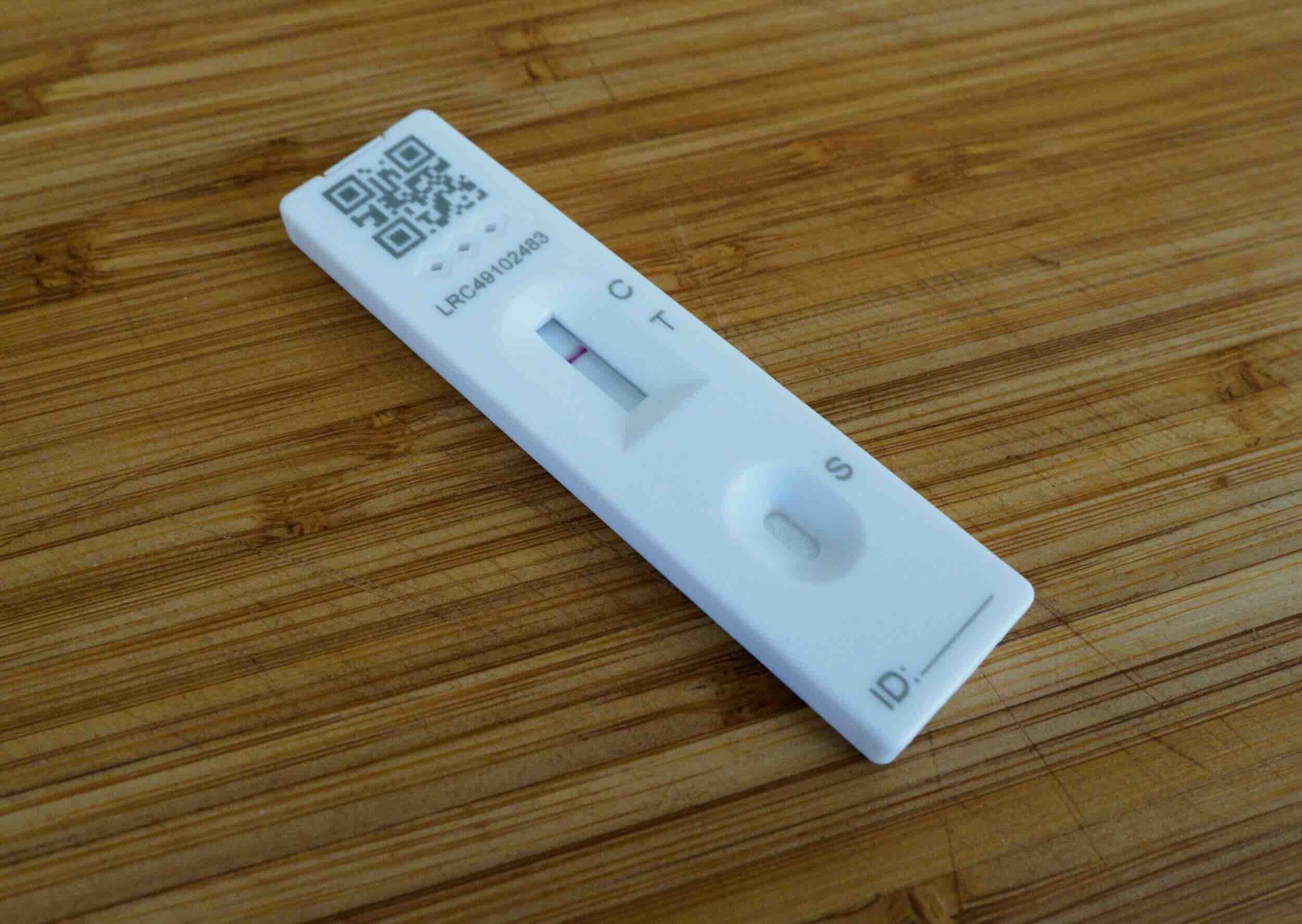 Image 1 of 2
Image 1 of 2

 Image 2 of 2
Image 2 of 2



Homocysteine | Memory Decline, Dementia, Alzheimers
Health screening for dementia, alzheimer’s and memory decline.
Homocysteine is an incredibly important marker in managing dementia and memory decline risk. We recommend everyone who are concerned about memory decline, measures this biomarker after age 50, as a risk screening.
Measure’s how effectively you ‘methylate’ and B vitamins: brain health
Understand if you need to supplement with B vitamins to reduce risk
Lowering homocysteine has been shown to reduce brain shrinkage by up to 73% in those with adequate omega-3 DHA (which our brains also need!).
This test measures methylation, your need for B vitamins. Sluggish methylation can damage the brain and is considered the single best indicator of cognitive health.
Homocysteine is a biomarker for over 100 diseases, especially mental and neurological diseases. Lower homocysteine level is associated with a significant reduction in cardiovascular and stroke risk. It has even been associated with a heightened risk of osteoporosis, depression, and cognitive decline.
Health screening for dementia, alzheimer’s and memory decline.
Homocysteine is an incredibly important marker in managing dementia and memory decline risk. We recommend everyone who are concerned about memory decline, measures this biomarker after age 50, as a risk screening.
Measure’s how effectively you ‘methylate’ and B vitamins: brain health
Understand if you need to supplement with B vitamins to reduce risk
Lowering homocysteine has been shown to reduce brain shrinkage by up to 73% in those with adequate omega-3 DHA (which our brains also need!).
This test measures methylation, your need for B vitamins. Sluggish methylation can damage the brain and is considered the single best indicator of cognitive health.
Homocysteine is a biomarker for over 100 diseases, especially mental and neurological diseases. Lower homocysteine level is associated with a significant reduction in cardiovascular and stroke risk. It has even been associated with a heightened risk of osteoporosis, depression, and cognitive decline.